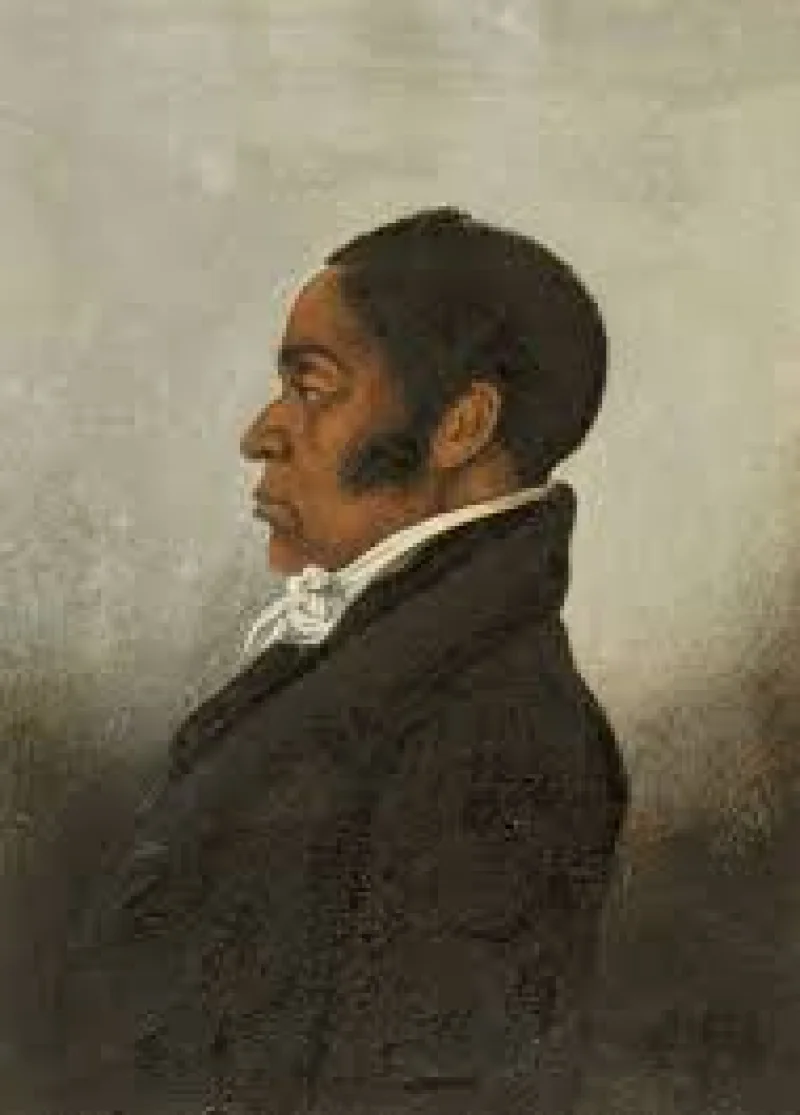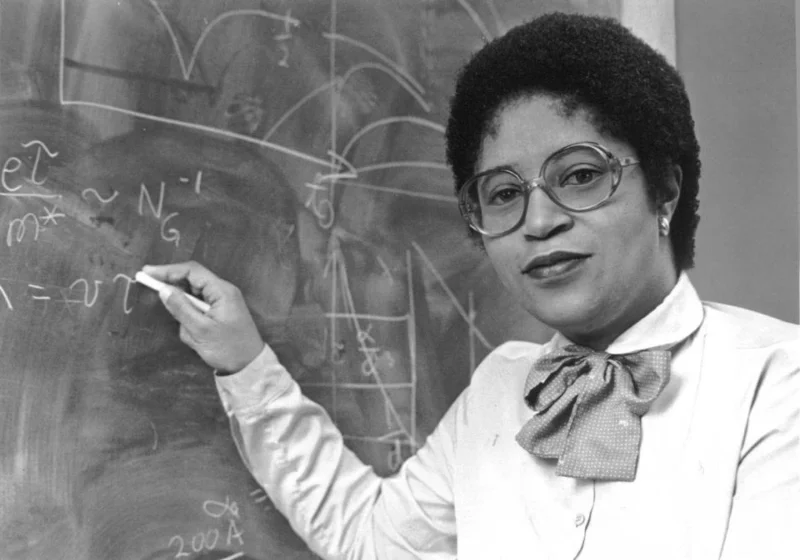Short Summary
James Prescott Joule was an eminent English physicist and brewer, renowned for his pioneering research in the field of thermodynamics. He is most famous for establishing the principle of conservation of energy and for the formulation of Joule's Law, which relates to the heating effect of electric current. His work laid the foundation for the development of the first law of thermodynamics and significantly advanced the scientific understanding of energy conversion processes.
Early Life & Education
James Prescott Joule was born on December 24, 1818, in Salford, Lancashire, England, into a prosperous brewing family. He received his early education at home, where he demonstrated a keen interest in science and experimentation. Joule's formal education began at a private school in Manchester, and he later studied under the tutelage of the eminent scientist John Dalton at the Manchester Literary and Philosophical Society. This experience profoundly influenced his scientific pursuits and fostered his interest in the nature of heat and energy.
Career Highlights
Joule's scientific career was marked by his meticulous experimentation and groundbreaking discoveries. In the 1840s, he conducted experiments that led to the formulation of Joule's Law, elucidating the relationship between electric current and heat. His collaboration with William Thomson, later known as Lord Kelvin, led to the discovery of the Joule-Thomson effect, which describes the temperature change of a gas when it expands without performing work. Joule also made significant contributions to the understanding of the mechanical equivalent of heat, demonstrating the conversion of mechanical work into heat.
Major Achievements
- Formulated Joule's Law, establishing the relationship between electric current and heat generation.
- Determined the mechanical equivalent of heat, laying the groundwork for the first law of thermodynamics.
- Discovered the Joule-Thomson effect, crucial for the study of thermodynamics and refrigeration.
- Contributed to the development of the absolute temperature scale in collaboration with Lord Kelvin.
Famous Quotes
- "The phenomena of nature, whether mechanical, chemical, or vital, consist almost entirely in a continual transformation of energy."
- "It is evident that an acquaintance with natural laws means no less than an acquaintance with the mind of God therein expressed."
Interesting Facts
- Joule conducted many of his experiments using equipment he built himself.
- He was a member of several prestigious societies, including the Royal Society of London.
- Joule's dedication to science was so profound that he continued his research even while managing the family brewery.
- The unit of energy, the joule, is named in his honor.
Legacy / Influence
James Prescott Joule's work laid the foundation for modern thermodynamics and significantly advanced the scientific understanding of energy conversion. His discoveries have had a lasting impact on various fields, including physics, engineering, and chemistry. The principles he established continue to be integral to the study of energy systems and have influenced technological advancements in energy efficiency and conservation.
FAQ
Q: Why is James Prescott Joule famous?
A: He is famous for his pioneering research in thermodynamics and the formulation of Joule's Law.
Q: What is the Joule-Thomson effect?
A: It describes the temperature change of a gas when it expands without performing work.
Q: What is Joule's Law?
A: Joule's Law relates to the heat generated by an electric current passing through a conductor.











